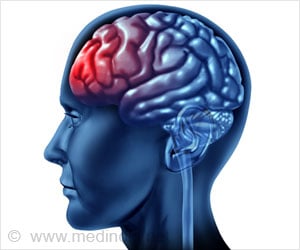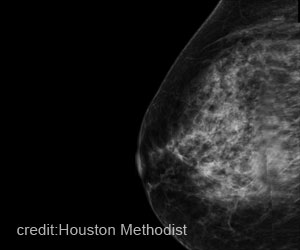Computers could predict patients lifespan by looking at the images of their organs. Artificial intelligence could analyze early diagnosis of serious illness.

‘Artificial intelligence could predict patient lifespan by simply looking at the images of their organs.’





The study could show indications for the early diagnosis of serious illness and medical intervention.Researchers from the University's School of Public Health and School of Computer Science, along with Australian and international collaborators, used artificial intelligence to analyze the medical imaging of 48 patients' chests.
This computer-based analysis was able to predict which patients would die within five years, with 69% accuracy - comparable to 'manual' predictions by clinicians.
This is the first study of its kind using medical images and artificial intelligence.
"Predicting the future of a patient is useful because it may enable doctors to tailor treatments to the individual," says lead author Dr Luke Oakden-Rayner, a radiologist and PhD student with the University of Adelaide's School of Public Health.
Advertisement
"Our research has investigated the use of 'deep learning', a technique where computer systems can learn how to understand and analyze images.
Advertisement
While the researchers could not identify exactly what the computer system was seeing in the images to make its predictions, the most confident predictions were made for patients with severe chronic diseases such as emphysema and congestive heart failure.
"Instead of focusing on diagnosing diseases, the automated systems can predict medical outcomes in a way that doctors are not trained to do, by incorporating large volumes of data and detecting subtle patterns," Dr Oakden-Rayner says.
"Our research opens new avenues for the application of artificial intelligence technology in medical image analysis, and could offer new hope for the early detection of serious illness, requiring specific medical interventions."
The researchers hope to apply the same techniques to predict other important medical conditions, such as the onset of heart attacks.
The next stage of their research involves analyzing tens of thousands of patient images.
Source-Eurekalert









